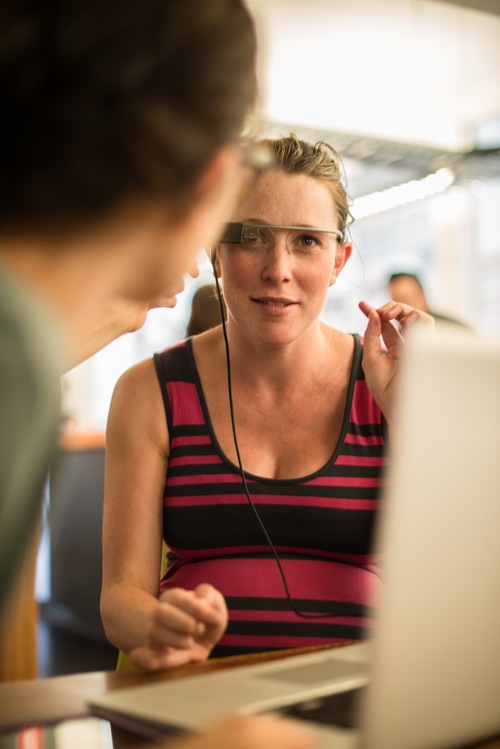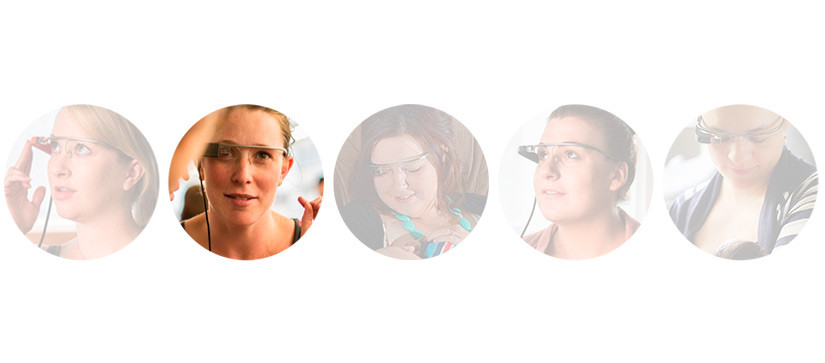Emma | Lauren | Sarah | Laura | Cath

“I have chosen to be part of the trial because working in the field I see first-hand the significant benefits that research can bring in progressing healthcare.”
Lauren Clarke
Hello! My name is Lauren Clarke and I am a first time mum due on February 24th 2014.
I have been so blessed and lucky to have had such a wonderful pregnancy (lets hope the labour continues in the same manner!) My husband Nick and I found out that I was pregnant whilst on our belated honeymoon in France and Spain. I had a gut feeling I was pregnant but it took a lot of convincing to get Nick to ask for a pregnancy test in Spanish (I barely speak a word!) at a pharmacy in Barcelona. Being my impatient self the moment we purchased the test we immediately headed to a local cafe for coffee and cake and much to Nick’s disgust I completed it in their tiny bathroom only to then realise that all the instructions were in Spanish. We summed up that the ‘+’ and the word ’embarazadas’ meant a positive test finding! Since then we have progressed happily along the challenging nine months that is a pregnancy, learning a lot and growing together as a couple.
Professionally I am a women’s health or pelvic floor physiotherapist. I work in public health at Mercy Hospital for Women in Melbourne and at a local private practice called Marshall Street Practice specialising in conditions related to musculoskeletal disorders of pregnancy, pelvic floor muscle dysfunction and lactation related problems (such as mastitis). I have been working as a physiotherapist for over five years and enjoy the satisfaction of being able to empower individuals to help to manage their own health via exercise and lifestyle changes.
Outside of work I enjoy keeping fit with trail running, hiking and competitive triathlon. I am somebody who struggles to sit still so it will interesting to see how my life changes when our new little bundle of joy arrives. We can’t wait to meet him or her and are looking forward to the challenges and pleasures that are coming our way.
I have chosen to be part of the trial because working in the field I see first-hand the significant benefits that research can bring in progressing healthcare. I think the concept of realtime viewing of a breastfeed or its related problems with on-tap support could increase the rates of breastfeeding within the community, especially in regional or remote settings where access to a lactation specialist is difficult. When we know that there are so many benefits to breastfeeding it seems like a shame not to use available technology to make it easier for all.
Hopefully our participation in this trial will help many to come. Thank you for the opportunity to be involved




